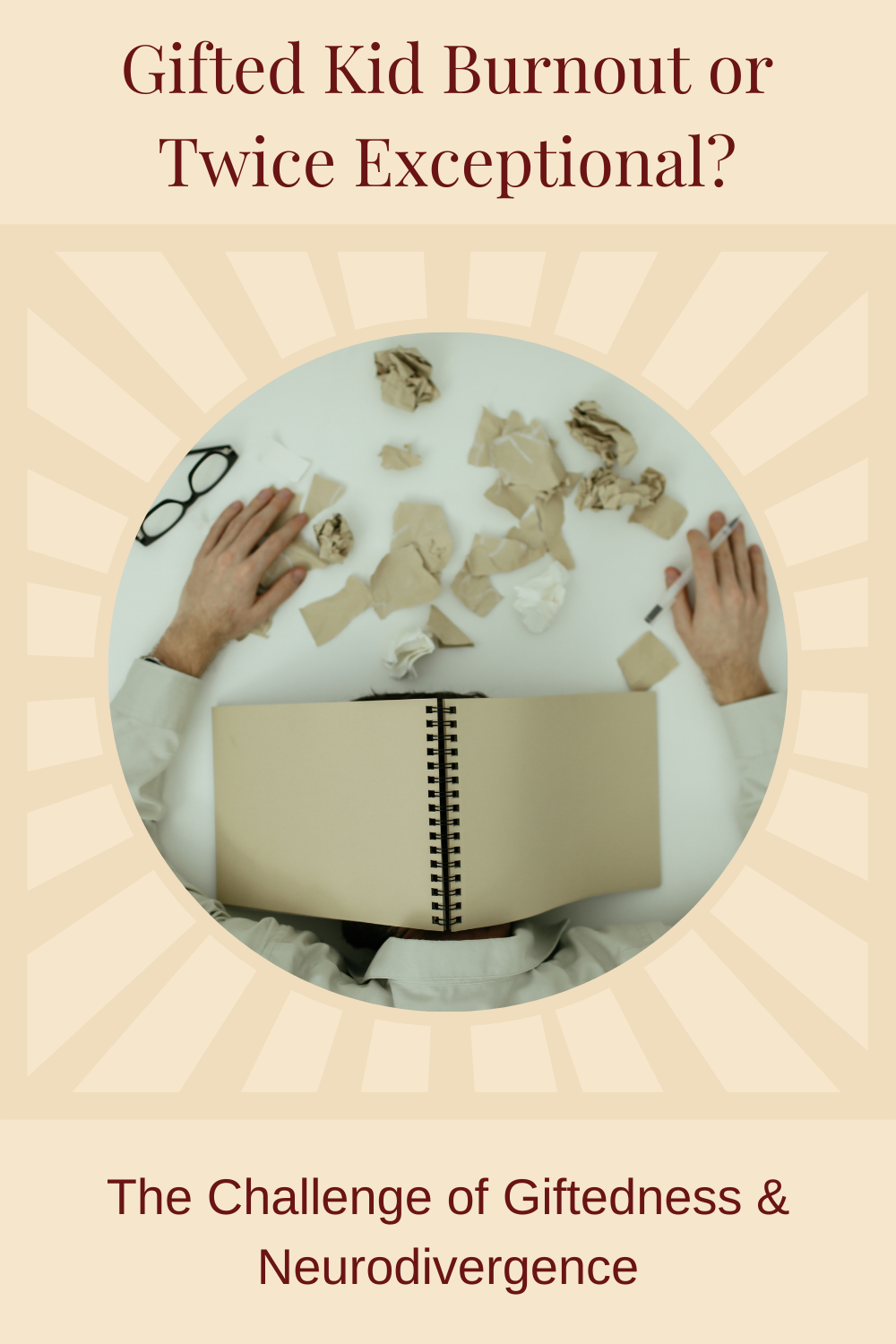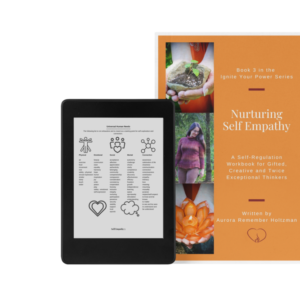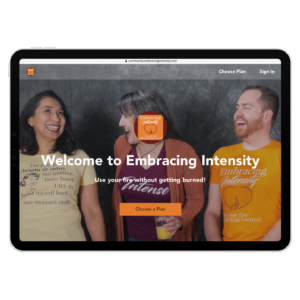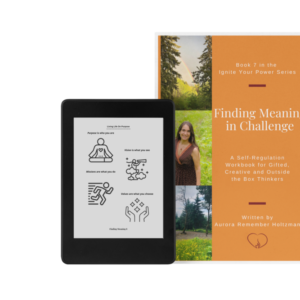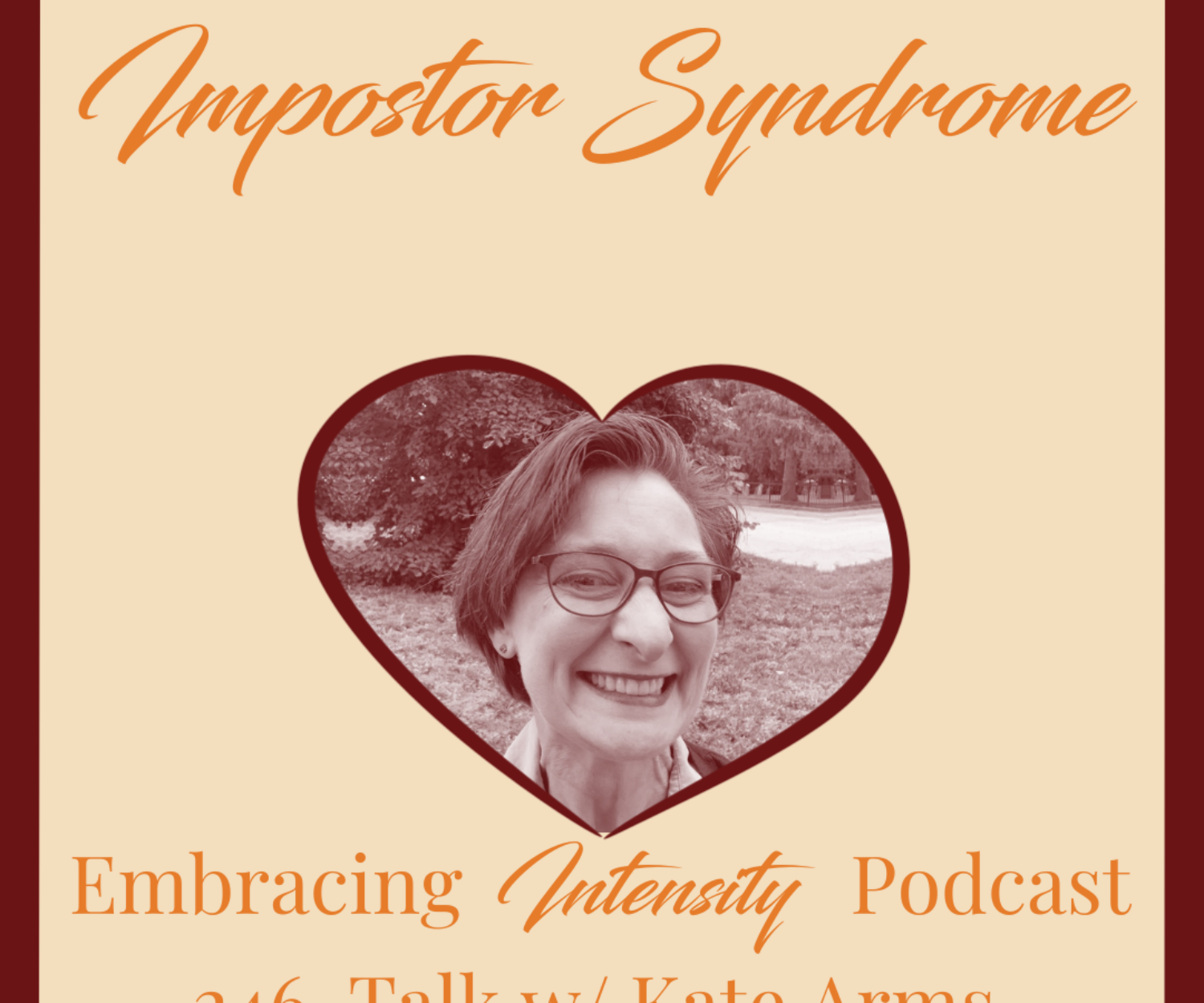Gifted Kid Burnout or Twice Exceptional?
Gifted Kid Burnout is more than just a trending hashtag. It helped put into words what many gifted adults have experienced due to their challenging experience with schools. It is often framed as a problem with gifted programs or labeling kids as gifted in the first place, but even without labels or programs the problems persist.
What is Gifted Kid Burnout?
Gifted kid burnout happens when someone starts to feel that their value is based on their achievement and they can no longer keep up with the demands. This CAN happen due to pressure from labels, programs, and the external expectations they may bring, but it can also happen from a poor educational fit that doesn’t stimulate our brains.
Signs of Gifted Kid Burnout:
- Things used to come easy, so when you have to work at it you no longer feel smart
- You live in constant fear or disappointment of not living up to your potential
- You have a really hard time asking for help because you feel like you should be able to just figure it out
- You cycle through hobbies because once you’ve mastered something you’re ready to move on
- You are only motivated by urgency or fear
- You cycle between feeling both inferior to others and superior – sometimes at the same time
- You’ve used the phrase “I used to be smart,” or “I WAS a gifted kid” in past tense
- Your idea of intelligence hinges on tangible achievements
- You’ve been accused of being critical of others, but you’re even more critical of yourself
- If it’s not perfect, what even is the point?
Were You A Gifted Kid Burnout? Take this Quiz & find out!
What is Twice Exceptionality?
Twice Exceptionality is when giftedness is combined with some other type of neurodivergence or disability, such as ADHD, Autism, Learning Disabilities etc. It can often be overlooked because our giftedness may mask our disability OR the disability masks the giftedness. This is likely because our current systems identify both by external measures like academic achievement rather than how they may be impacting us internally.
Signs You Might be Twice Exceptional:
- Things others find difficult come easily to you, but things others find easy are really hard
- You feel both too much, and never enough at the same time.
- You hate hard work, but love a good challenge.
- You cringe when you hear the words “you have so much potential.”
- Your outside the box thinking has been the source of both praise and criticism.
- You procrastinate to avoid having to be perfect.
- You skated through early school but dropped out of high school or college.
- You excelled at high level thinking, but rote facts are a challenge.
- You tried to get tested for a disability, but you were told you “performed too well” or
- You were identified as disabled but no one recognized your gifts.
When Giftedness Meets Disability
Giftedness in itself is neurodivergence, but when it’s combined with extreme deficits it can leave us feeling confused as to why we can’t measure up to our own perceived potential. If we suspect a disability and try to pursue a diagnostic evaluation, it is crucial to have someone who understands twice exceptionality and doesn’t just look at outside achievement to measure the impact of a potential disability.
ADHD
Many gifted adults who pursue an ADHD diagnosis are immediately dismissed because they “did too well in school,” or performed too well on individually administered attention tests. Clinicians may not take into account the physical toll their achievement has taken, or that ADHD is more about our ability to REGULATE our attention than to pay attention at all.
Some folks actually do really well on attention related tasks in a clinical setting because the novel tasks somehow peaks their interest and they are able to hyper focus on the task. This does not always generalize into real life when not all tasks we need to complete are novel or interesting. We also don’t get to choose what we find interesting or motivating.
For those of us who have managed to achieve some measure of success, whether in school or work, we often rely on urgency to get anything done. Reliance on urgency can lead to constant fatigue, or push through for work but leave little energy for play. It can also mean that while we look accomplished on the outside, we struggle with meeting our own basic needs like eating, sleeping and cleaning.
Autism
I have had several gifted adults, especially women, share with me that when they pursued an Autism evaluation they were blown off and told they were just “gifted and quirky.”
It’s true that gifted folks often have a history of lacking intellectual peers so they may have had difficulty connecting socially. They also might find that their pursuit of excellence may border on perfectionism that can be viewed as rigid thinking. Sensory sensitivities can also be a common trait of giftedness as well as other neurodivergence, but if it’s negatively impacting your life it can be helpful to explore further.
I myself have been learning a lot from late diagnosed Autistics about questioning our stereotypes of Autism.
Katy Higgins Lee, MFT has a great Instagram account where she shares her perspective on twice exceptionality as a Gifted, Autistic & ADHD Therapist. She does a great job of exploring the nuances and overlap between giftedness, Autism, ADHD, sensitivity, trauma and other commonly overlapping experiences.
I’ve also learned a lot following Structured Success on Twitter. You can hear more about her experiences on my Embracing Intensity Podcast here.
Learning Disabilities
Due to the nature of our education system, learning disabilities usually only get identified if they have a significant impact on academic performance to the point where a student is not keeping up with their peers. If a student is cognitively gifted, they may have significant processing challenges that go overlooked because they can just get by.
The Summit Center, founded by Dr. Dan Peters specializes in evaluating gifted students. One common phrase found in gifted and twice exceptional communities is “Stealth Dyslexia,” which Dr. Peters shares more about on this episode of the Neurodiversity Podcast. Those with Stealth Dyslexia may use their comprehension skills to mask challenges with basic reading but then have trouble keeping up with high reading demands.
Those with unidentified learning disabilities may have uneven academic performance where they thrive in one area but struggle to keep up in others. They may be great with big picture thinking, but struggle with details. Or they might have a fantastic memory for facts but difficulty with novel problem solving.
Other Mental Health Conditions
The overlap between giftedness, neurodivergence and other mental health conditions can be complicated. There is debate within academic and reasearch communities as to whether gifted folks are more likely to have mental health conditions, but it’s clear that there is a large overlap for those gifted individuals who are looking for help.
Therapist Paula Prober, explores a lot of mental health issues such as Depression and Anxiety in her book and blog, Your Rainforest Mind.
Burnout Recovery
In my post, So You’re Twice Exceptional, What Now? I share three main steps in self-understanding and acceptance that are crucial starting points to begin the burnout healing journey:
- Identify Your Strengths
- Manage Your Self-Expectations (and support your challenges)
- Find Others who Get It
On my own journey of healing from burnout, I developed a 12 part course called Ignite Your Power that you can now find on my new course platform by joining the Membership for the Embracing Intensity Community. It’s only $9.99 a month now, but will soon be going up a bit as I finish making some updates and improvements.
Getting the Right Support
Finding both community and professionals who understand giftedness and twice exceptionality are crucial in finding support that works for you. You can now join my Embracing Intensity Community free, and access the courses and other content for just $9.99 a month, to connect with other gifed, creative and twice exceptional folks.
This week we will be having a live call on Perfectionism with Aileen Kelleher, which you can find in our member guest call library along with other past calls on topics such as Imposter Syndrome and Resilience.
I also started a new directory website called 2E Connection that I’m working on growing this summer to help find and connect with professionals who work with 2E individuals, as well as buisinesses and creative projects BY gifted and 2E individuals!
Resources:
In addition to 2E Connection.com, here are some additional resources for gifted & 2E folks:
Bright & Quirky – Summits & Community
Seth Perler – Executive Function Coach & Vlogger

